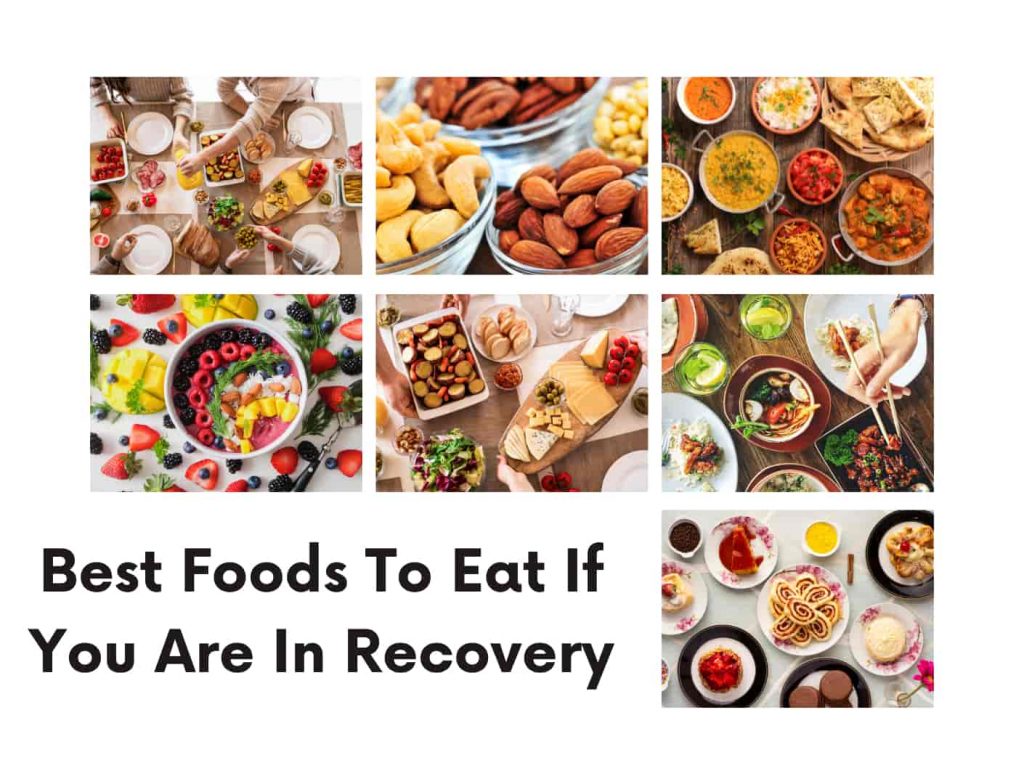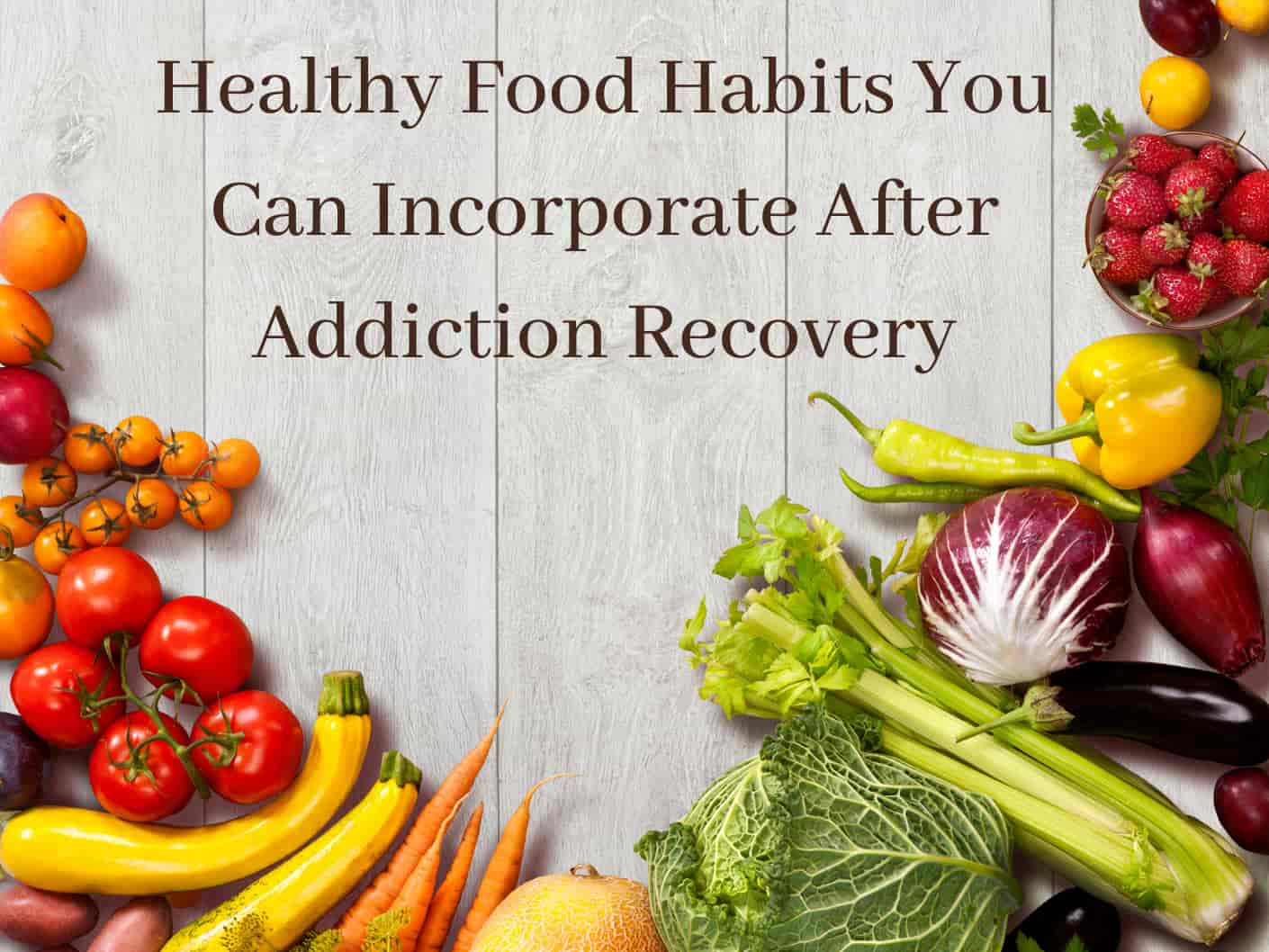Healthy eating habits are vital for everyone, but they are especially critical for people who are recovering from a drug or alcohol addiction.
Even short-term addiction can be extremely damaging to the body, as it is forced to work extra hard to clear poisonous substances and protect itself against the harm they cause.
In order to restore the damage that addiction causes to the body, one must achieve a nutritional equilibrium.
VSM Detox provides group therapy in Austin that takes care of the healthy nutritional habits addiction patients must incorporate into their diet, and we are here to talk about them.
How Does Addiction Disrupt Nutrition?
- Many substances suppress appetite or cause the user to forget to eat.
- People who are inebriated are more inclined to make poor decisions, such as consuming fast food or a sugary diet.
- Addiction often gives rise to a condition called Hypoglycemia. It is a lack of food or a poor diet that can result in low blood sugar.
- Most medications cause direct damage to the organs that break down and process nutrients.
- Alcohol and other substances cause chronic problems in the gastrointestinal (GI) system, making it difficult to absorb nutrients from food.
Which Nutritional Components Should Be Present In The Diet Of A Recovering Person?
Healthy food habits don’t appear out of the blue. One must have good knowledge of the nutritional components that should be present in one’s diet to help the recovering person gain weight, restore their organs’ health, and so on.
1: Carbohydrates
Carbohydrates are nutrients that have been heavily reduced or eliminated by diet fads.
Carbohydrates are required for the proper functioning of the central nervous system and the brain. Also can make up 45% to 65% of daily calories.
It’s critical to understand the difference between unhealthy simple carbs and healthful complex carbs.
Complex carbs like whole grains and starchy vegetables should be heavily integrated into a diet for recovering alcoholics or addicts, whereas foods containing bleached wheat and sugar should be avoided.
2: Protein
Proteins are commonly referred to as the body’s building blocks.
Protein is found in every body cell, from bones to skin and hair, and is most closely related to muscle growth.
Amino acids are the building blocks of proteins. Some amino acids can be synthesized by your body, but others must be obtained from food.
For optimal function, the body requires a variety of protein sources.
3: Fat
Fat has earned a bad reputation in recent decades due to its link to obesity and ill health.
It is, however, critical to distinguish between dangerous saturated and trans fats and good fat types such as monounsaturated and polyunsaturated fats.
Healthy fats are required for hormone synthesis, blood sugar control, blood clotting, muscle activity, absorption of vitamins and minerals, proper function of the immunity system, etc.
Healthy fats should account for 20% to 35% of daily calories.
4: Water
While the body can survive hunger for weeks, if not months, dehydration becomes a life or death situation rapidly.
Water makes up over 60% of the human body and is essential to practically every function.
Facilitating brain function, increasing mood, cleaning out toxins, and transporting nutrients between cells are all important activities that water undertakes.
Adults should drink 11.5 to 15.5 cups of water each day to keep healthy.
5: Vitamins
The human body requires 13 different vitamins. They are divided into two groups based on their fat or water solubility.
Vitamins that are fat-soluble include:
- Vitamin A.
- Vitamin D.
- Vitamin E.
- Vitamin K.
Vitamins that are water-soluble include:
- Vitamin B-1.
- Vitamin B-2.
- Vitamin B-3.
- Vitamin B-5.
- Vitamin B-6.
- Vitamin B-7.
- Vitamin B-9.
- Vitamin B-12.
- Vitamin C.
It is critical to take a full complement of vitamins since it aids the immunological system, promotes the development of strong bones and teeth, and the absorption of calcium.
It also maintains the health of your skin and hair by facilitating protein and carbohydrate metabolism and aids the brain and nervous system’s functions.
Best Foods To Eat If You Are In Recovery

- After drug and alcohol misuse, it’s critical to repair your digestive system to improve your body’s nutrient absorption. Yogurt contains probiotics, which can aid in the repair of your gut microbiota.
- Antioxidants in blueberries assist to enhance the immune system and minimize the overabundance of free radicals and other toxins caused by drug and alcohol addiction, making them an essential part of a recovering alcoholic or addict’s diet.
- Vegetables supply a variety of vitamins, minerals, fiber, and other essential components that the body requires for fuel and function. Leafy greens such as kale, cruciferous foods such as broccoli, and starchy vegetables such as potatoes help the body recover from addiction.
- Whole grains supply the body with complex carbohydrates that keep you feeling fuller for longer, as well as fiber to assist your digestive system to heal. Whole-grain versions of goods like bread and pasta can often be found to substitute their white flour counterparts.
- Tofu is a good source of the low-calorie, low-fat protein your liver needs to recuperate from the damage produced by alcohol and other medications. Tofu’s low-fat content means the liver has less work to do in the digestion process, allowing for faster healing.
- Bananas are both a quick snack and a source of tryptophan, an amino acid required for the production of serotonin, which is essential for good sleep. In addition, potassium, vitamin B6, and vitamin C are all found in bananas.
- Tyrosine, an amino acid required for the production of dopamine and norepinephrine, is found in chicken and fish. Since drug misuse stops the body from absorbing tyrosine, eating more poultry and fish can help you feel better.
Putting It All Together
Now that you know which foods you should incorporate into a recovering person’s diet, do you think you can make a diet chart all by yourself?
Well, you can make that.
But, if there are things that still confuse you, you can always consult a professional dietician or a medical expert to help you make the diet chart.
For further information, let us know in the comment section.
